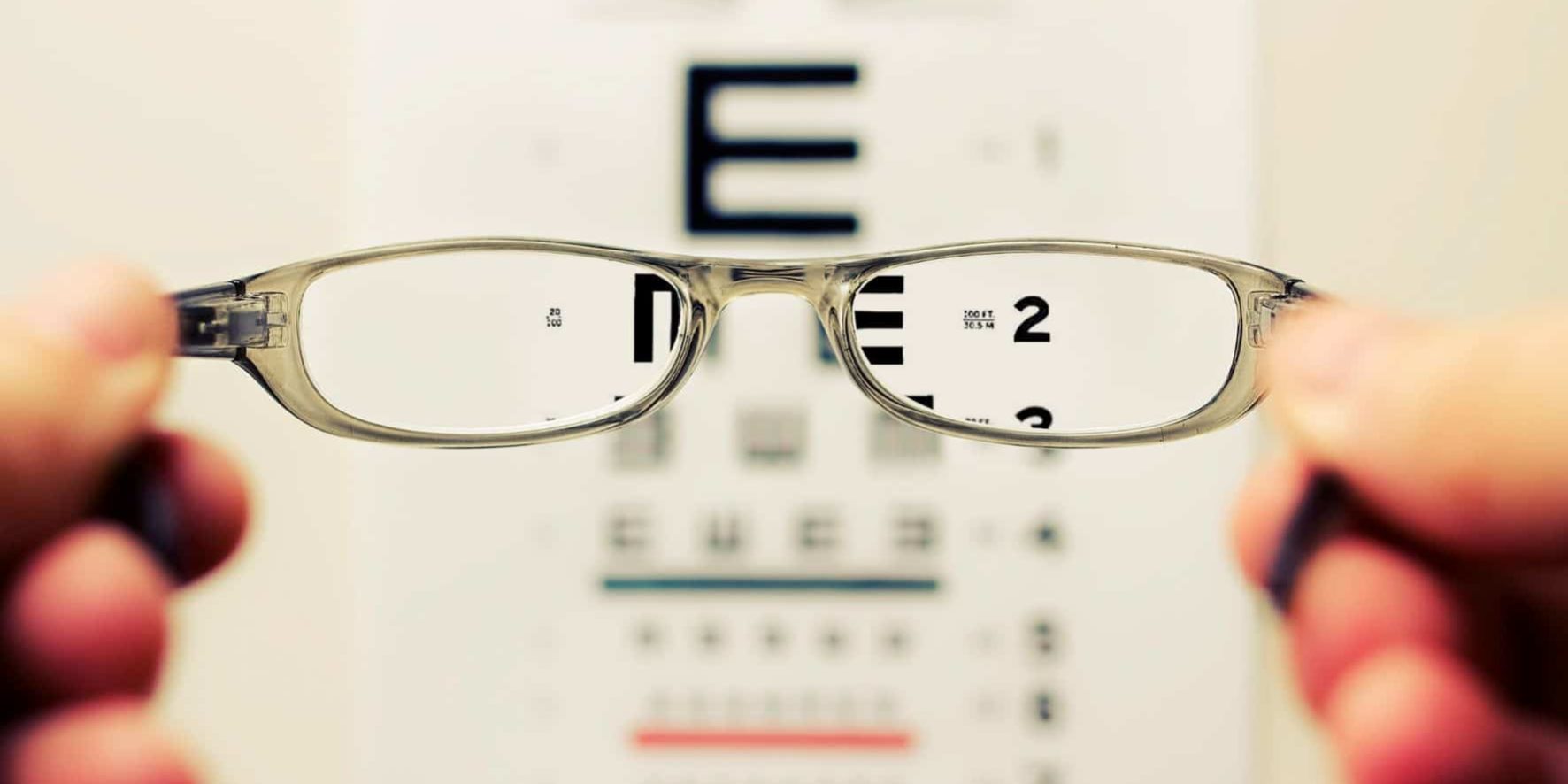As you age, your vision changes, but these changes don’t have to negatively affect your lifestyle. With some helpful advice, both young people, and seniors, can protect their eyesight.
Get Regular Eye Exams
Regular eye exams can detect more than just vision changes. An eye exam can also show other health problems. The eyes can be good indicators of some serious issues. For example, a person who has a yellowish tint in the eyes may have jaundice and improper liver function or a liver disease. Optometrists can detect diabetes in its early stages with an eye exam. For those who do not visit the doctor regularly, finding this serious problem early can mean the difference of being able to control diabetes with diet and exercise or having to take regular injections.
Vision Problems Related To Aging
After turning 60, there are several vision problems that are more likely to develop. These are some of the most dangerous and most common problems.
-
Macular Degeneration
This disease harms the light-sensitive retina, which leads to vision loss. It usually starts with losing the ability to distinguish fine details and colors. Watching television, reading and driving are activities that require sharp focus. Macular degeneration does not affect side or peripheral vision.
-
Cataracts
These are cloudy areas affecting the lens of the eye. In some cases, they may interfere with vision. Cataracts are usually present in both eyes when someone develops them. However, they may be worse in one eye. Cataracts can cause blurred vision, increased sensitivity to glare and decreased contrast distinction.
-
Diabetic Retinopathy
This condition happens because of damage to small blood vessels, which leak blood and cloud vision. People who have had diabetes for a long time are at a greater risk for developing diabetic retinopathy. This condition is usually present in both eyes. In severe cases, diabetic retinopathy can lead to blindness.
-
Glaucoma
This is actually a group of eye diseases. They present with vision loss, which is due to optic nerve damage. Glaucoma is usually painless and shows no symptoms other than vision changes. Over time, people with a type of glaucoma may lose their peripheral vision.
-
Dry Eye
This happens when a person does not produce enough tears. It can be caused when the ducts that secrete lubricating fluid do not work properly. The proper consistency of the fluid is similar to olive oil. For some people, the consistence is closer to toothpaste and this leads to dryness. Lubricating eye drops can prevent damage to the surface tissue.
-
Detached Retina
The retina can tear from the underlying tissue. This usually is due to spontaneous changes in the vitreous fluid. Head or eye trauma may lead to retinal detachment. Inflammatory eye disorders and diabetes may also contribute. Without immediate care, this condition can lead to permanent vision loss.
Driving Safety
Driving can be one of the first activities impacted by the above issues. Medications and the normal deterioration of motor skills can also contribute to difficulty driving. These tips can help keep you safe on the road:
- Use extra caution when approaching intersections, especially at night.
- Check your side mirrors frequently.
- Reduce driving speed to compensate for any hazards or potential issues on the road.
- Do not wear sunglasses with wide frames.
- Take a senior driving class.
Ask an optometrist about transition lenses for driving and being outdoors.
*If you have an insurance need, we have a solution. We provide solutions for home & auto, health and Medicare insurance, life & dental coverage, employee benefits and commercial insurance. Give us a call at 803-286-1161.








